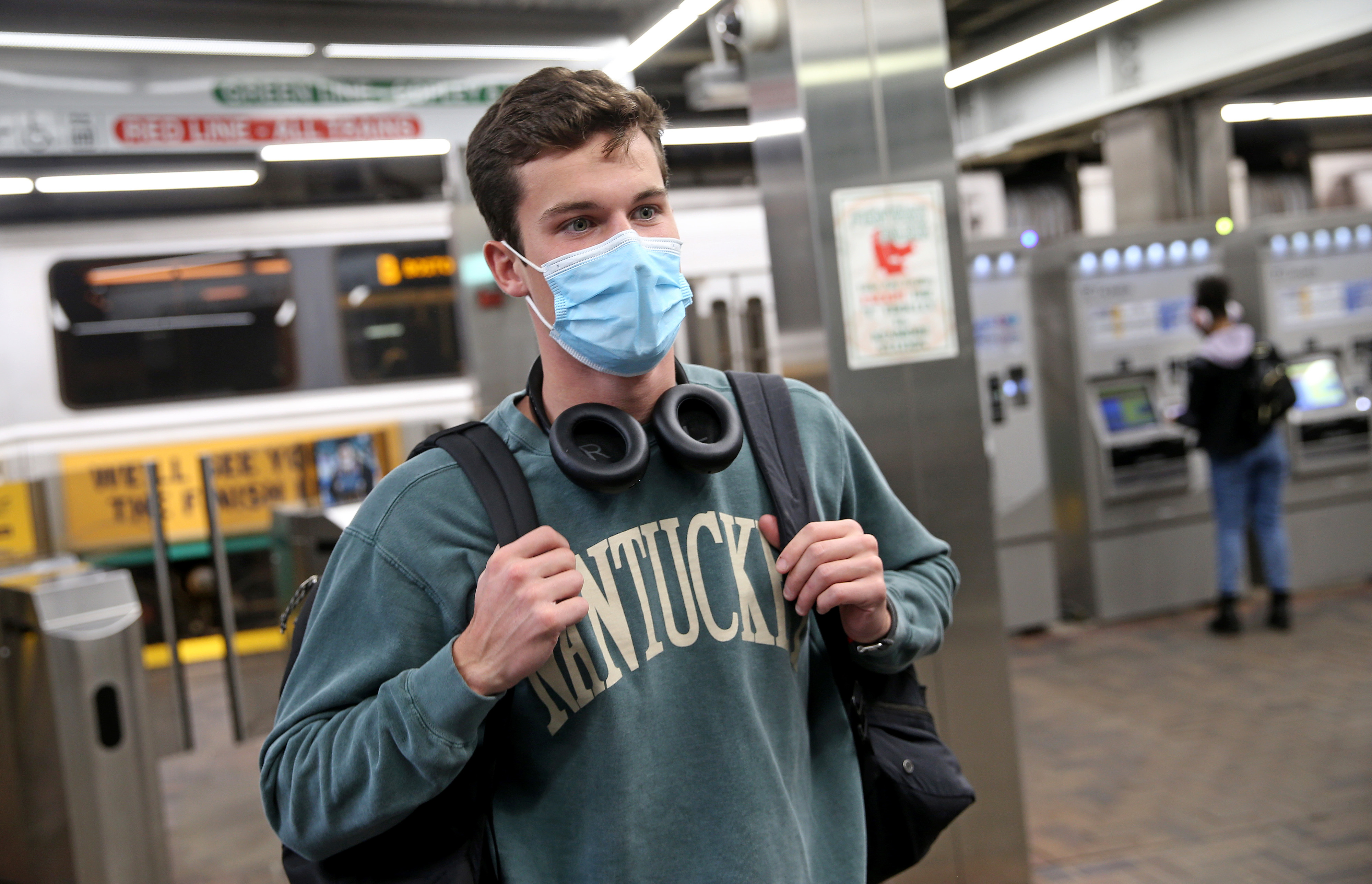Massachusetts has battled through several surges of COVID-19 over the past several years as viral mutations changed infection rates.
Two of the biggest, caused by the delta and omicron variants of COVID, are the subject of a new study from researchers in Boston. It found a higher number of excess deaths in Massachusetts during the omicron surge than the delta surge, even though the delta surge was longer.
WATCH ANYTIME FOR FREE
>Stream NBC10 Boston news for free, 24/7, wherever you are. |
"In terms of excess death, we found that Omicron was actually much worse for Massachusetts than Delta," said Dr. Jeremy Faust, an emergency medicine doctor at Brigham and Women's Hospital and the lead author of the study.
Excess deaths is one way that researchers have tried to quantify the toll of the pandemic.
Get updates on what's happening in Boston to your inbox. Sign up for our >News Headlines newsletter.
Some people who died since the arrival of COVID may have had the virus but never tested positive, and therefore may not be counted in official death tolls -- Massachusetts' stood at 19,315 confirmed deaths and 1,153 probable deaths as of Thursday; this spring, the death toll dropped after officials found they'd been overcounting. Excess deaths examines how many people died amid the pandemic compared to other years.
The new study, released Friday in the Journal of the American Medical Association, examined excess deaths during the Bay State's delta wave, June 28 to Dec. 5, 2021; the omicron wave, from Dec. 27, 2021, to Feb. 20, 2022; and the period in between.
While the delta wave was 23 weeks long, it had fewer excess deaths in Massachusetts, 1,975, compared to the eight-week-long omicron wave, which saw 2,294 excess deaths, the researchers found.
"Others have reported that the Omicron variant may cause milder COVID-19. Assuming that's the case, what we're seeing here may reflect just how much more infectious Omicron has been. This could mean that highly contagious variants, even if they cause relatively milder illness, can still lead to substantial excess mortality, even in a highly vaccinated population," Faust said.
The majority of cases in New England are now being attributed to the "stealth" omicron variant BA.2, with the BA.2.12.1 subvariant on the rise.
All but four of Massachusetts' 14 counties are currently considered high risk for COVID-19, according to the latest data from the U.S. Centers for Disease Control and Prevention.



